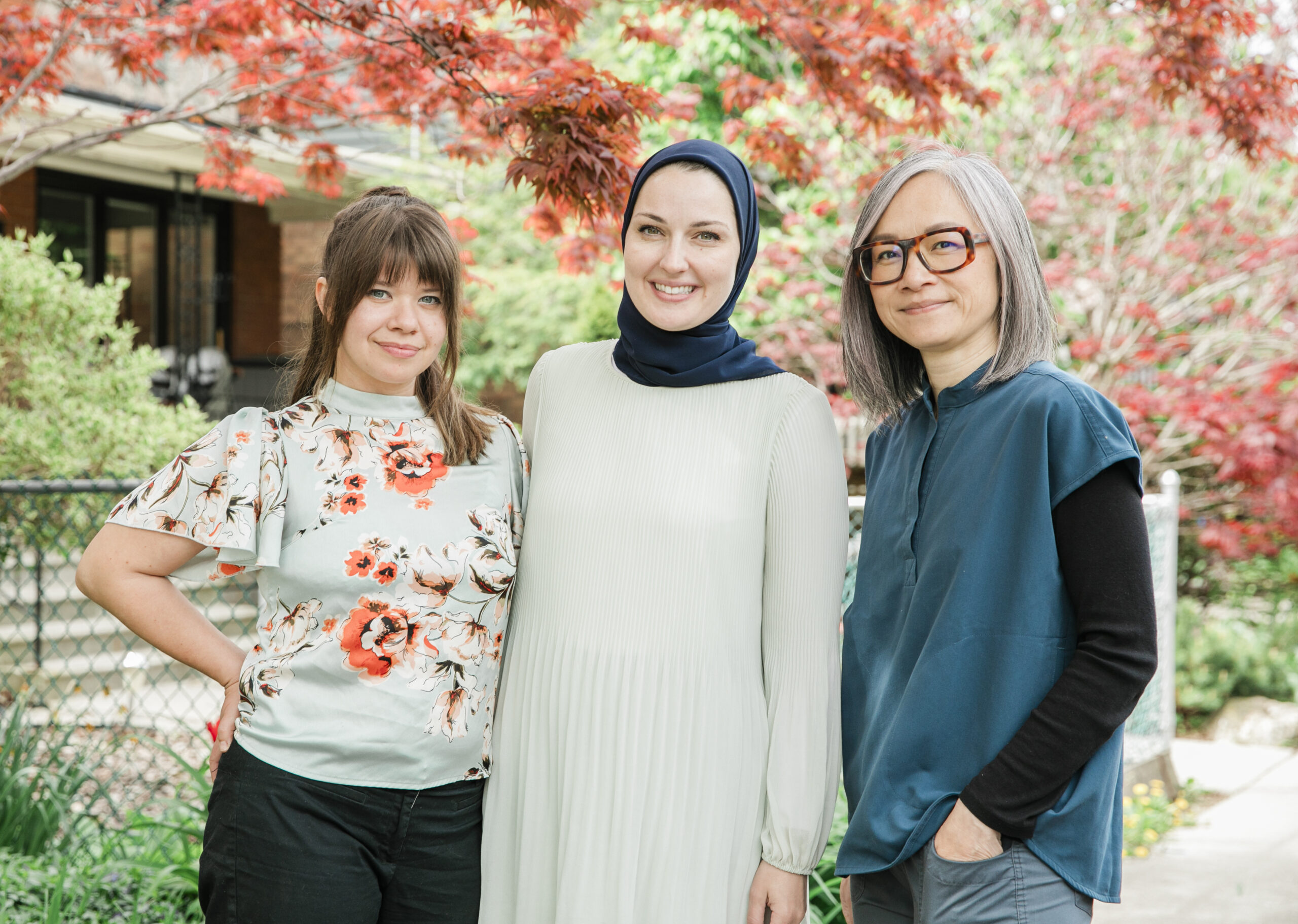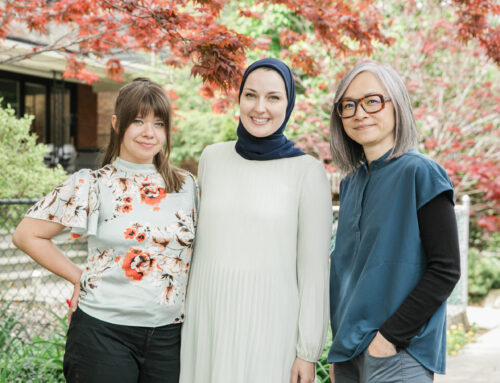Advocacy, Outreach and the Future of Naturopathic Medicine with Dr. Iva Lloyd, ND

As a pioneer in the field of naturopathic medicine, Dr. Iva Lloyd, ND has been one of our most dedicated and passionate leaders in promoting the profession and advancing the quality of care for patients. In the last decade, her work with the World Naturopathic Federation (WNF) has taken this work and expanded it to a global scale. We sat down with Dr. Lloyd, ND and asked her to share her experiences in over 20 years of working to advance our profession and to ask her what is next for the naturopathic profession.
Q: You have had so many roles in your career, many of them in the formative stages of some of our professional associations and education institutions. Can you share with us why getting involved has been important to you?
Dr. Lloyd, ND: I truly believe that working for the profession, outside of practice, gives you a much better appreciation for naturopathic medicine. It makes your time and engagement with patients more fulfilling. Whether it be on the board of an association or regulatory body or participating on committees, experiencing the inner workings, and getting an understanding of how decisions are made and how associations and committees work is invaluable. The WNF was centered around the idea that to advance the naturopathic profession, we had to have an international presence and we had to speak with one voice. The first piece of that was to ask the questions: “How do we define the global naturopathic profession? How do naturopathic professionals practice around the world? How do we collaborate with other healthcare professions such as chiropractic, conventional medicine, acupuncture and other forms of Traditional and Complementary Medicine?” For the naturopathic profession to be fully established and recognized, nationally and internationally, we had to clarity our identity and support the global regulation of the naturopathic profession, increased educational standards and research capacity, and to engage in outreach.
I truly believe that working for the profession, outside of practice, gives you a much better appreciation for naturopathic medicine.
Q: You are Chair of the WNF Research committee. Can you tell us about some of the projects you have worked on and their impact?
A: There are four main areas of research that the WNF has engaged in. The first involved a number of surveys in order for us to define our profession. We surveyed professional naturopathic organizations and naturopathic educational institutions. These surveys gave us a sense of the consistency of naturopathic practice globally. We then conducted a number of surveys involving naturopathic practitioners around the world inquiring about how they practiced, the type of conditions that they treated and the types of information that they valued and utilized in their practice.
An important research project was an analysis of the research conducted by the global naturopathic profession over the last thirty years, referred to as a bibliometric analysis. The information from the surveys and the bibliometric analysis provided the foundational information for a detailed Health Technology Assessment on Naturopathy (HTA). In December of 2021, the WNF published the HTA which is a 750-page report addressing the practice, safety, economics, effectiveness, and research of naturopathic care. The HTA was based solely on research conducted by the profession, and it highlights over 300 research articles covering over 80 conditions. The breadth of research is one of the things that is unique about our profession, and it has served us well.
As a follow-up to the HTA, the WNF has published four white paper focused on the role of the naturopathic profession in non-communicable diseases, hypertension, diabetes and mental health. The WNF Research Committee and the global naturopathic research community also responded to the Pandemic by writing 10 Rapid Reviews on the role of natural health products in the treatment of respiratory conditions. And since May of 2022, the WNF has been working with CCNM on a Live Review of Systematic Reviews related to the prevention and/or treatment of COVID-19. The Live Review can be found on the WNF website.
Q: The HTA is an amazing achievement and such an important document for the advancement and integration of our profession, here in Ontario and globally. For the last few decades, you have also been active at the forefront of many organizations working to advance the profession. What do you think is most critical for associations like the OAND, WNF and others to focus on to take the next step in our evolution as a profession?
Dr. Lloyd, ND:
When I look at that next step, we need to have NDs at the table, included in those conversations about policy and regulation.
For the naturopathic profession to advance to the next level a couple of things are needed. First, a continual focus on quality research and building naturopathic research capacity globally. We need strong naturopathic research centers, like the research center at CCNM, but we also need naturopathic doctors to engage in all types of research and writing articles for our professional journals such as the CANDJ. The second, is outreach. The naturopathic profession and naturopathic organizations need to put more focus on outreach as it relates to other T&CM professions, patient organizations such as the Diabetes Association, arthritis organizations and patient-advocacy groups. The White Papers that I mentioned earlier is one way that the WNF is supporting this important step. The HTA overwhelmingly showed that the naturopathic profession are the leaders in prevention, lifestyle management, non-communicable diseases, integrative oncology and addressing environmental factors affecting health. We need to promote our strengths and foster the connections that move the profession forward. Canada, and especially Ontario, has an important role in the global naturopathic profession. It has one of the broadest regulations and it has the highest percentage of licensed naturopathic practitioners per capital in the world. When I look at that next step, we need to have NDs at the table, included in those conversations about policy and regulation. There are many ways to facilitate this at an organizational level, including research, but even steps such as providing resources and opportunities for individual NDs to foster community level outreach can have significant impact. If we want to look at placing NDs as leaders in healthcare, research and coordinated outreach are where naturopathic organizations need to focus.
Dr. Lloyd’s work with the WNF has not only advanced the profession but has also highlighted the importance of outreach and advancing the profession beyond the clinic. She encourages other naturopathic doctors to get involved in projects that interest them outside of their clinical practice, as it provides a deeper understanding and appreciation for the profession. Dr. Lloyd’s dedication to advancing the profession is an inspiration to all, and her work serves as a reminder of the importance of staying true to the roots of naturopathic medicine while embracing innovation and research.
Share this article
Written by : TL Reside
Latest articles
July 12, 2025




